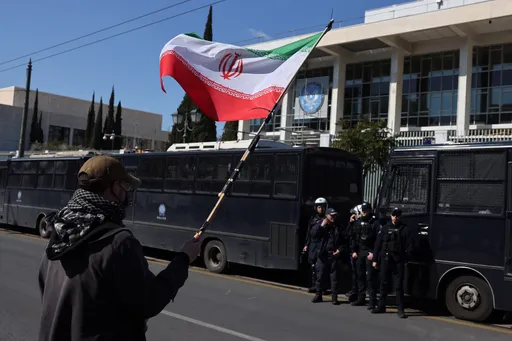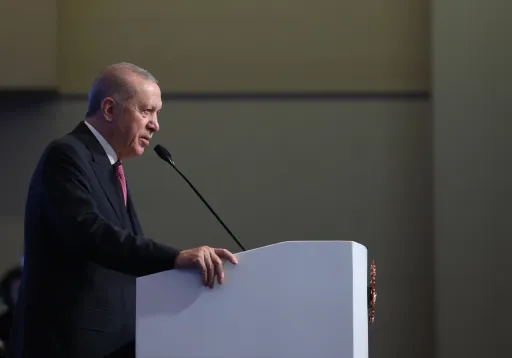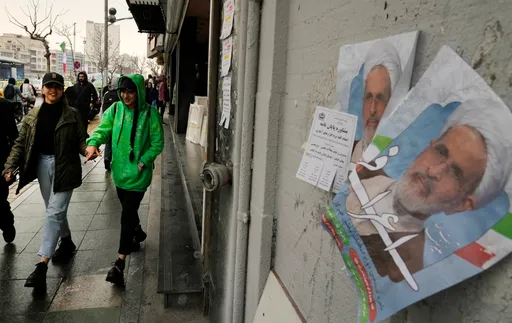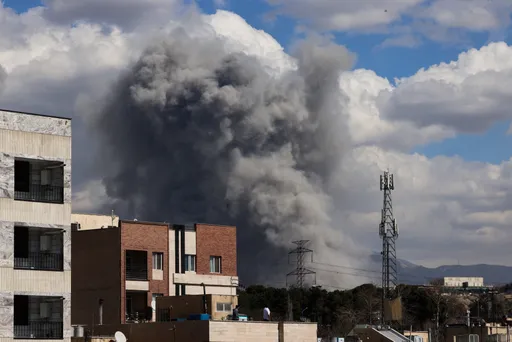Last July, the problem of stateless people in Thailand grabbed global attention, thanks to the world-gripping Thai cave rescue.
During the three-week attempt to save 12 boys of the Wild Boar soccer team and their coach, it was revealed that three boys and the coach were stateless people. Under the global spotlight, they were granted Thai citizenship a few months after the rescue. Such speediness is unprecedented.
Officially, there are about half a million stateless people in Thailand. The actual number may well be much higher because the official figures only cover those with official documents to identify that they are stateless. A large number of the undocumented are left out.
Thai nationality law is also very complex and challenging for long-time stateless residents to seek citizenship. Stateless people are divided into different categories, ranging from ethnic hill tribe people along the borders, refugees and migrant workers who are denied nationalities by their original countries, to orphans without family roots.
To file for nationality, each group is required to meet different rigid requirements. For example, they need official documents and credible witnesses to prove they were born in Thailand as well as education certificates to prove their long residence — and lots of patience to navigate the red tape and state inertia.
The poorest of the poor without education and access to state machinery are then left behind, as always.
Since being stateless means being subjected to frequent police extortion when they need to travel outside designated zones for work, many decide to be registered as migrant workers and forever lose their opportunity to get citizenship.
Strict nationality law aside, the main obstacles are racism and ethnic prejudice.
Even if the citizenship applicants have all the documents required, the final decision to grant Thai nationality, or not, depends solely on the judgment of local officials. If they say they don’t believe the applicants’ documents and witnesses out of prejudice, it is the end of the story.
It was not always like this.
Before, all children born in Thailand were entitled to Thai nationality. Fear of communism during the Vietnam War at the height of the Cold War, however, led the military government back then to stop granting Thai citizenship to children of immigrants born in Thailand. That was in 1972.
Consequently, undocumented hill tribes people, immigrants, and their children suddenly became stateless and stigmatised as national security threats. Combined with ultra-nationalism which creates a false belief about the country’s homogeneity and purity of the Thai race, the public comes to see stateless people and minority groups as “outsiders” who should not be allowed the same rights as Thais.
The plights of the stateless and pressure from human rights groups, however, have forced the government to fix nationality rules and regulations to return citizenship rights to indigenous peoples and to give stateless children more opportunities to get citizenship.
For example, the children of long-time registered highlanders will receive Thai citizenship automatically. Other eligible groups include children of non-Thais who finish college education locally, children born in Thailand before 1992 with official birth documents and long-time residency, orphans with no family history as confirmed by state authorities, and stateless students who make a name for the country.
Still, it remains an uphill task for people without power and access to state machinery to get official documents to prove their eligible status. And despite complete documents, many still hit a brick wall when local officials refuse to believe the evidence and keep the citizenship applications on the backburner.
Officials often say they fear punishment if the documents are fake. Technically, the applicants can take negligent officials to court, but the costly and lengthy legal procedures make it impossible for the poor and powerless. They are also afraid of offending people who have the power to grant them citizenship.
Negligence is, therefore, the name of the game because officialdom does not punish it.
In a rapidly ageing society like Thailand, supporting the labour force with rights and dignity—regardless of nationality—is the answer to economic productivity. So is embracing every child — regardless of nationality — to realise their full potential. It is not happening because ethnic prejudice and ultra-nationalism remain largely intact in the Thai officialdom and mainstream society.























